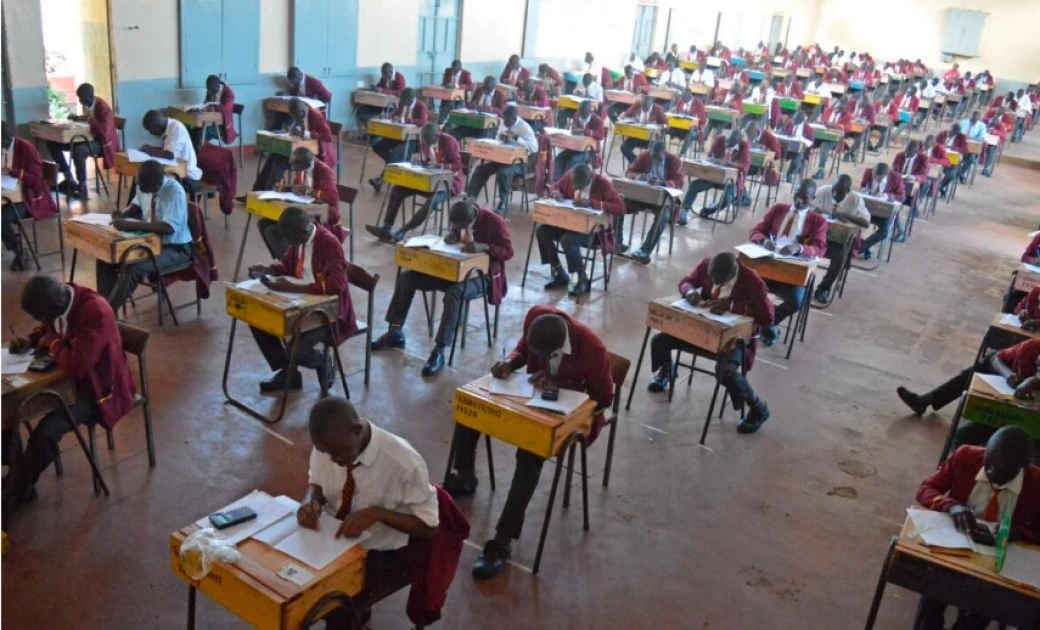Millions sit national transition assessments amid delays and registration hurdles

The assessments mark a key milestone in Kenya’s Competency-Based Education (CBE) system, determining learners’ progression into junior and senior secondary school.

Audio By Vocalize
The assessments mark a key milestone in Kenya’s Competency-Based Education (CBE) system, determining learners’ progression into junior and senior secondary school.
By dawn, examination managers across the country were unlocking secure containers holding the tightly guarded assessment materials for distribution to thousands of centers.
According to the Kenya National Examinations Council (KNEC), over 3.4 million learners have been registered for this year’s assessments and examinations — spanning primary, junior, senior, special needs, and pre-vocational levels.
Among them, 1.3 million are participating in the inaugural Kenya Junior School Education Assessment (KJSEA).
Education Cabinet Secretary Ezekiel Machogu praised the growing participation, saying it reflects the government’s continued success in expanding access and inclusivity under the CBE framework.
Machogu: “This growth reflects the continued success of our efforts in expanding access, inclusivity, and retention under the Competency-Based Education framework.”
The government has reiterated its commitment to safeguarding the integrity of this year’s assessments.
Officials say additional security measures and digital innovations have been deployed to ensure transparency and accountability throughout the examination process.
Machogu: “For the first time, KNEC is piloting smart digital padlocks in 250 examination storage containers nationwide. These locks are linked to the KNEC Command Centre, allowing real-time tracking of when each container is opened and closed.”
Despite these measures, not all learners had a smooth start. In Endikir School, Kajiado County, assessments were delayed for several hours after exam materials for the KPSEA and KJSEA failed to arrive on time.
Learners who had reported early in the morning were forced to wait until the afternoon before beginning their first paper. Education officials have since assured that the affected candidates will complete all scheduled papers and catch up with their peers by Tuesday.
However, in Kasarani, two Grade Nine candidates at Shining Hills School in Njiru were unable to sit for their exams after it emerged they had not been registered in time.
Their parents expressed frustration, claiming they were repeatedly assured by school administrators that the issue would be resolved.
Parent: “We kept asking the principal about the registration, and he told us to wait. We were hopeful our children would sit for the exams.”
Candidate: “Our teacher asked for the assessment numbers, but we were told they were missing. I feel really bad.”
The school’s director, Hesborn Omweri, however, maintained that the learners’ registration could not be completed due to missing documentation from the parents, despite repeated follow-ups.
Omweri: “We even went to KNEC and tried again, but it was too late. I registered all other candidates in Form Four and Grade Six successfully — this issue arose because the parents did not provide the required documents in time.”
As the multi-level assessment exercise enters its second day, education officials are urging calm and cooperation from all stakeholders, emphasizing that the government has mobilized resources to ensure a smooth and credible process.
Education PS Belio Kipsang: “All stakeholders have been mobilized to ensure that this examination is administered effectively. All learners and materials are ready.”


Leave a Comment